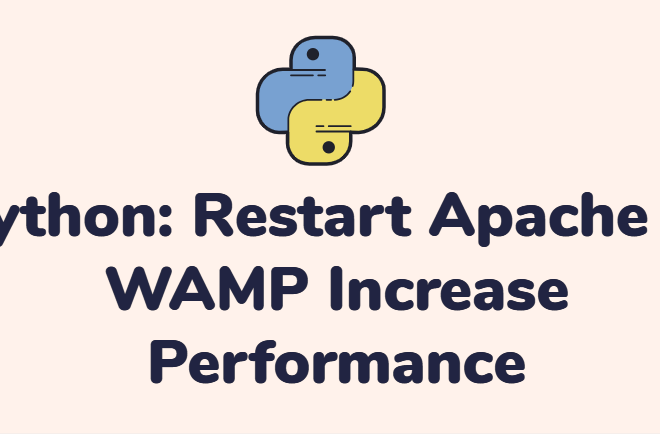Apache
Apache is more than just a web server; it’s a cornerstone of the internet. As an open-source web server software, Apache has been dominating the market for decades. Its stability, versatility, and robustness make it the preferred choice for hosting millions of websites worldwide.
The Apache Advantage
Stability and Reliability
One of the primary reasons is maintained its dominance is its stability. It has a proven track record of handling high traffic loads without crashing. When your website runs on Apache, you can trust that it will be available to your visitors around the clock.
Open Source
It is open-source software, which means it’s free to use and continually updated by a community of developers worldwide. This ensures that you have access to the latest features and security patches without incurring additional costs.
Ease of Configuration
Configuration is straightforward, thanks to its user-friendly. Whether you’re a seasoned web developer or just starting, you can tailor Apache to suit your website’s specific needs.
Extensive Documentation
The community provides extensive documentation and resources, making it easy to troubleshoot issues, optimize performance, and explore advanced configurations.
Install LAMP Stack on Ubuntu 22.04
A strong foundation is necessary to build a dynamic web environment, and developers all around the world often choose the install LAMP stack for this reason. This stack, which consists of Linux, Apache, MySQL, and PHP, gives you all you need to host and create dynamic web applications. We’ll walk you through installing and install […]
Discover Your Server: Install Apache on Ubuntu Positive Guide
In the ever-changing world of web hosting, having a strong and dependable server is essential. One of the essential steps in accomplishing this is setting up the Apache web server on your Ubuntu computer. We’ll walk you through the procedure step-by-step in this guide to install Apache make sure you have a positive and powerful […]
Comprehensive Guide to Configure DKIM Using cPanel
Configure DKIM (Domain Keys Identified Mail) configuration in cPanel for your domain will greatly improve the deliverability of your outgoing emails and lessen the likelihood that they will be marked as spam. DKIM gives the recipient the ability to confirm that an email message is from a trusted domain and hasn’t been tampered with in […]
Empowered Performance: Improve Your Website to Enable mod_rewrite For Apache 2.2
The popular web server Apache 2.2 includes the potent mod_rewrite module. This module offers web managers an adaptable and effective method of modifying URLs, enabling them to build dynamic and user-friendly URLs, strengthen website security, and optimize overall speed. We’ll go over how to enable mod_rewrite for Apache 2.2 in Ubuntu, so that your web […]
Mastering Website Security: How to Deny Directory Listing with .htaccess
In the current digital environment, website security is critical. Every online institution, from small personal blogs to large e-commerce companies, is vulnerable to cyber assaults. Directory listing is one frequently disregarded vulnerability that allows attackers access private information. However, you may strengthen your website’s security and protect your data using the appropriate tools and methods. […]
Master HTML5: A Step-by-Step Journey
HTML5 is a nothing but a simple language that is use for design web pages. Hyper Text Markup Language (HTML) is Markup language. HTML is use different different Markup tags to describe document content.Introduction about HTML5 TagsHTML tags are the keyword that are start with angular brackets “<” and close with “>”. The tags is […]
To improve page load times and save bandwidth using the .htaccess
Improving page load times and saving bandwidth are crucial factors for a successful website. The .htaccess file, used by the Apache web server, can be a powerful tool in achieving these goals. In this article, we will explore various techniques and optimizations that can be implemented through the .htaccess file to enhance website performance. One […]
Python: Restart Apache or WAMP Increase Performance
There are a few different ways to programmatically restart Apache or WAMP depending on your operating system and programming language. Here are a few typical methods: Command Line (Restart Apache) If you are using WAMP on a Windows system, you can use the net command to restart the Apache service. You can do this programmatically […]







